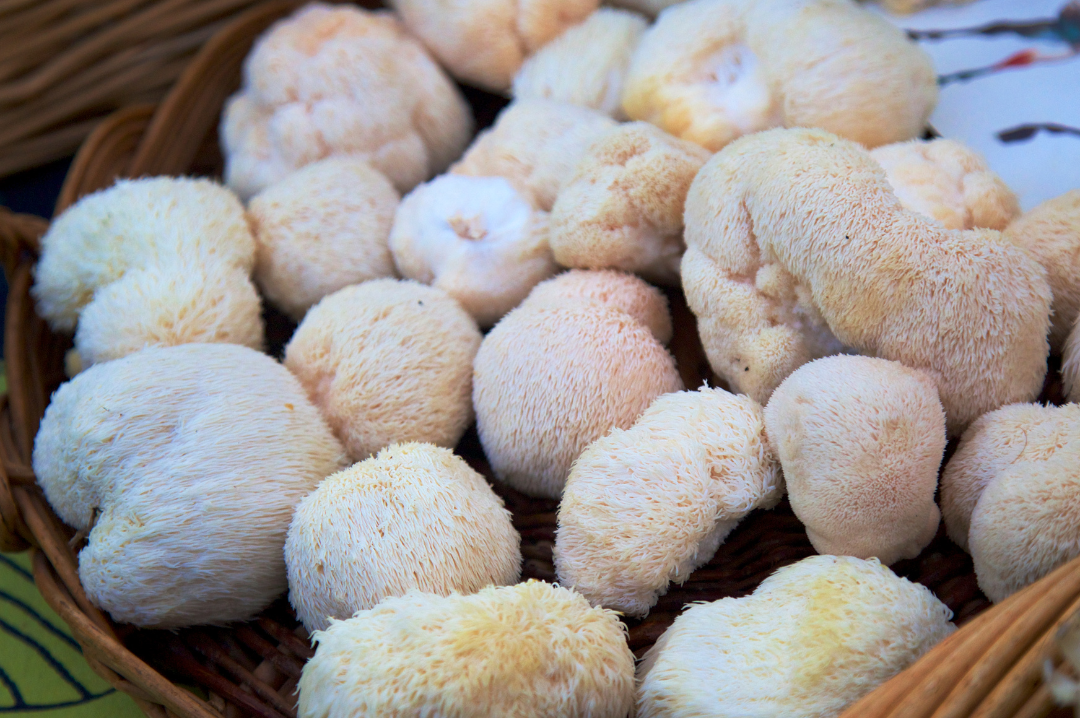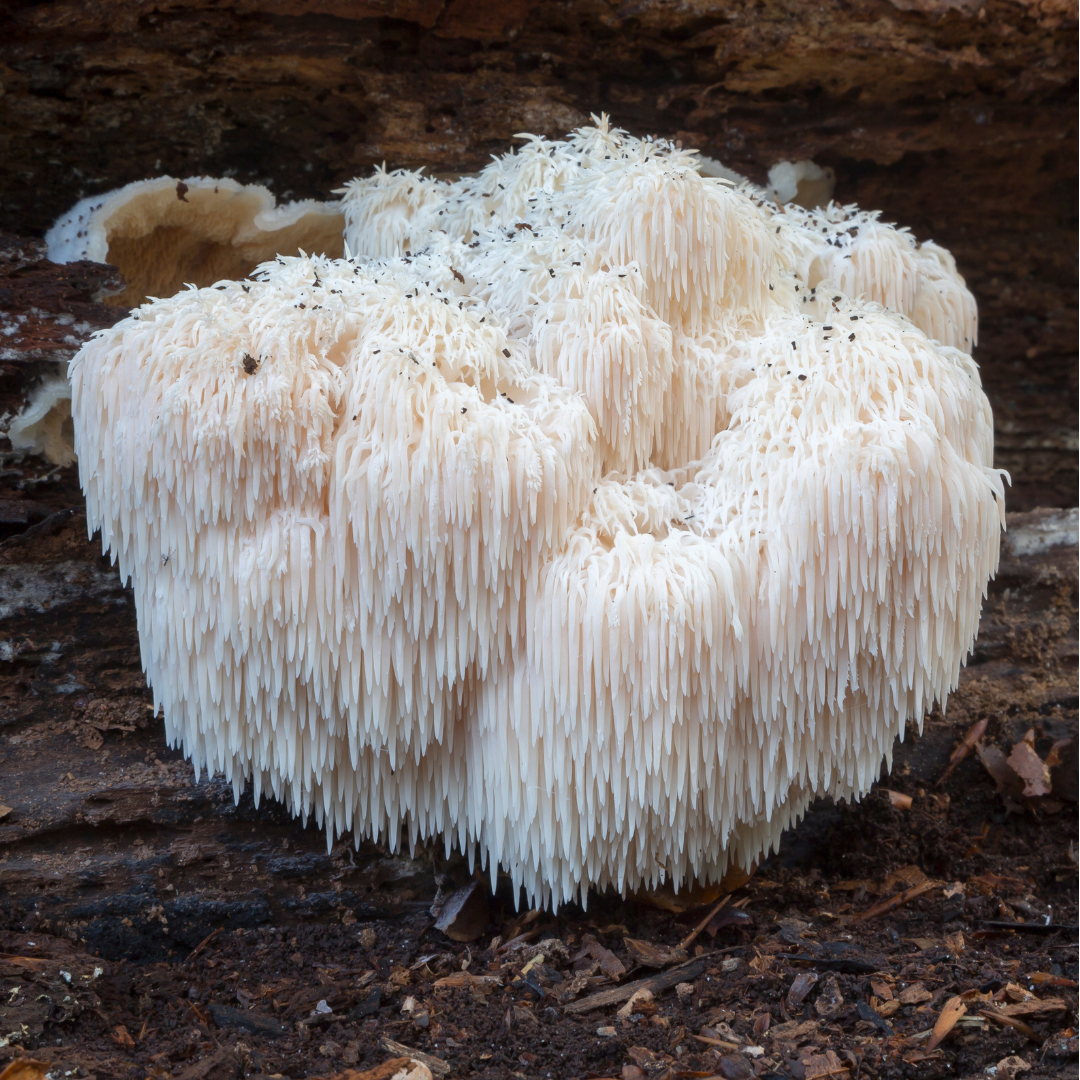
Read time: 2 min
Quality sleep is crucial for overall well-being, and while melatonin is a well-known sleep aid, several natural supplements offer promising alternatives.
In this blog post, we explore a variety of research-backed natural supplements that go beyond melatonin, providing a comprehensive guide to achieving restful and rejuvenating sleep.
Magnesium for Sleep Quality
Research in the Journal of Research in Medical Sciences suggests that magnesium deficiency is associated with poor sleep quality. Magnesium plays a key role in the regulation of neurotransmitters and melatonin production. Incorporating magnesium-rich foods or supplements may contribute to better sleep by promoting relaxation and reducing insomnia.
Valerian Root and its Calming Properties
Valerian root, a herb with a long history of use in traditional medicine, has been studied for its potential sleep-inducing effects. A meta-analysis in the journal Sleep Medicine Reviews indicates that valerian supplementation may improve sleep quality without causing the side effects associated with certain synthetic sleep aids.
Passionflower Extract and its Sedative Effects
Passionflower, known for its calming properties, has been explored for its potential in improving sleep. A study in the Journal of Clinical Pharmacy and Therapeutics suggests that passionflower extract may act as a mild sedative, promoting relaxation and aiding in the management of sleep disturbances.
L-Theanine from Green Tea for Relaxation
Theanine, an amino acid found in green tea, has been studied for its relaxation-inducing effects. Research in the Journal of Physiological Anthropology indicates that theanine may have anti-stress and calming properties, making it a potential aid for individuals struggling with sleep disorders.
Ashwagandha's Stress-Reducing Impact
Ashwagandha, an adaptogenic herb, has been traditionally used to combat stress. A study published in the Indian Journal of Psychological Medicine suggests that ashwagandha supplementation may significantly reduce stress and anxiety, contributing to improved sleep quality for those dealing with stress-related insomnia.
GABA as a Natural Sleep Inducer
Gamma-aminobutyric acid (GABA) is a neurotransmitter that plays a role in calming the central nervous system. Research in the Journal of Clinical Sleep Medicine suggests that GABA supplementation may have a positive impact on sleep quality, making it a potential natural sleep inducer.
Conclusion:
While melatonin is a popular sleep aid, exploring alternative natural supplements provides a diverse and personalized approach to addressing sleep difficulties. From magnesium and valerian root to passionflower extract, theanine, ashwagandha, and GABA, the research-backed benefits of these supplements offer a range of options for individuals seeking restful and rejuvenating sleep.
As always, it's essential to consult with a healthcare professional before incorporating new supplements into your routine, especially if you have underlying health conditions or are taking medications.
Have you tried out sleep hot chocolate with L-theanine, passion flower, magnesium and reishi in?






